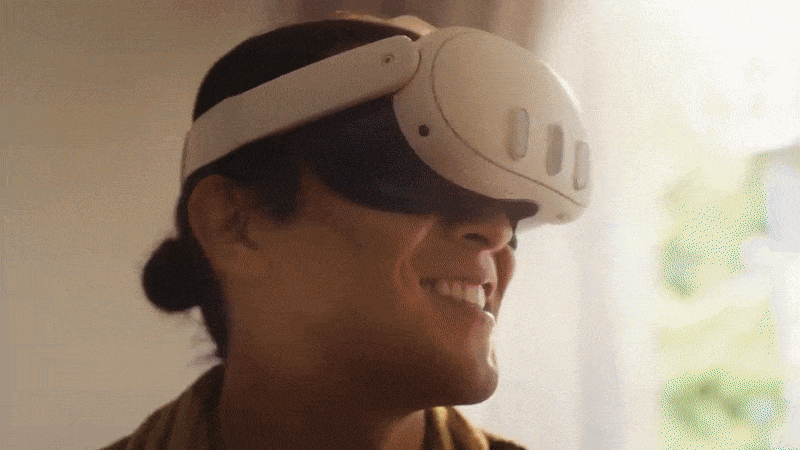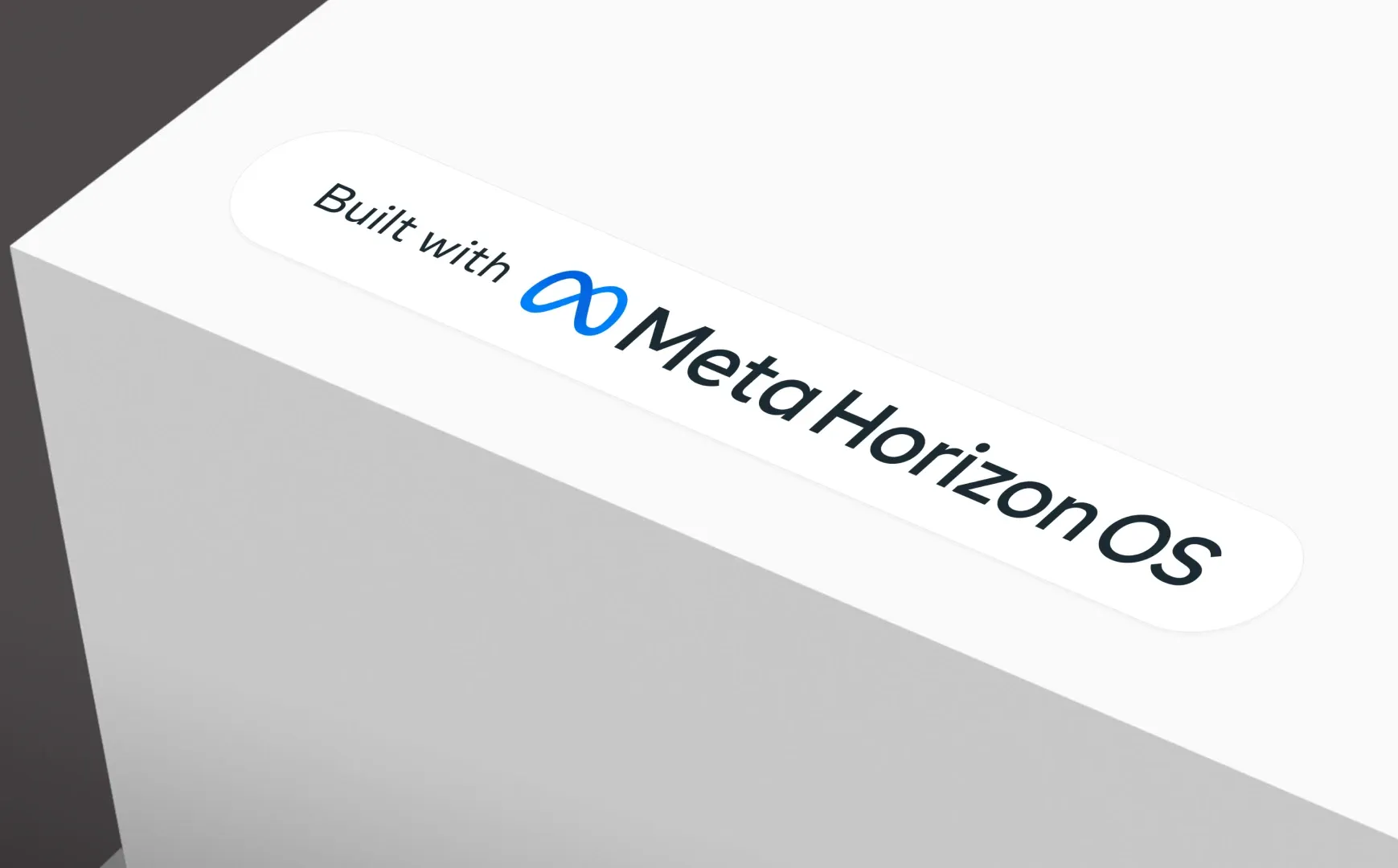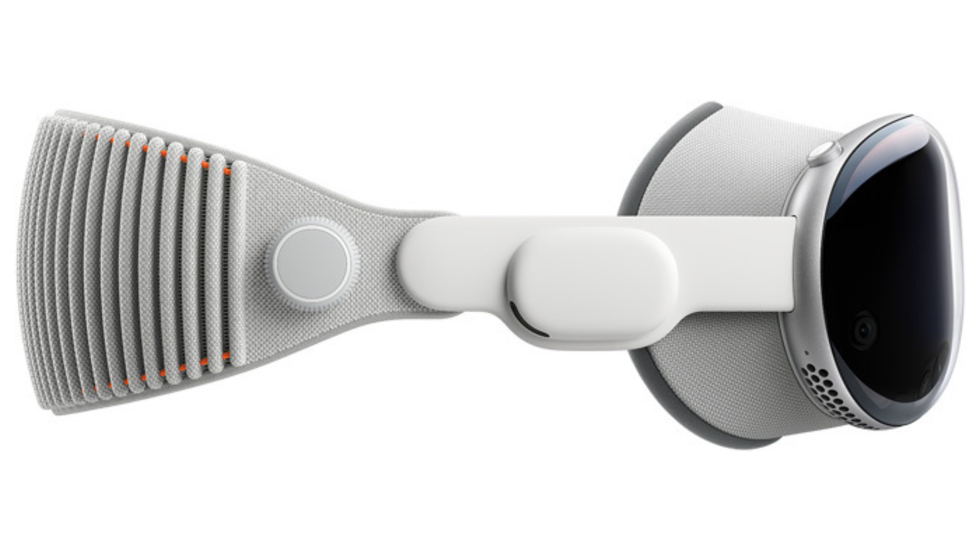All products are independently selected by our experts. To help us provide free impartial advice, we will earn an affiliate commission if you buy something. Click here to learn more
META PRESS OFFICE
Lenovo, Asus, and Xbox have already confirmed plans to leverage Meta Horizon OS
- Software that powers Meta Quest headsets will be available to other brands
- Asus and Lenovo will build new VR headsets running on Meta Horizon OS
- Meta will team up with Microsoft for a limited edition Xbox headset
- The move is designed to give Meta the edge over Sony and Apple
Don't Miss
Most Read
Trending on GB News
Meta, formerly known as Facebook, will license its software to companies like Asus, Lenovo and Microsoft's Xbox to power dozens of new Virtual Reality (VR) and Augmented Reality (AR) headsets. The shake-up mirrors Google's decision to offer its Android operating system to smartphone and tablet manufacturers like Samsung, Xiaomi, and Nothing. Microsoft amassed a small fortune taking the same approach with Windows.
The operating system that powers the Meta Quest 2 (£199), Meta Quest 3 (£479.99), and Meta Quest Pro (£571) is known as Meta Horizon OS. It enables core technologies to track movements in the eyes, face, hands and bodies. It also enables high-resolution passthrough from external video cameras, so users can see their real-world environment, interact with others, and bring digital elements into their surroundings.
The Meta Quest 3 lets you play video games, watch movies and series on virtual IMAX-sized cinema screens, and hold meetings with friends and colleagues using a digital avatar in the metaverse.
It has a built-in web browser, so you can place expansive virtual screens running Gmail, Microsoft Word, and Canva in your surroundings to get some work done too.
Mark Zuckerberg, who co-founded Facebook and now runs Meta, delivered a bruising verdict on the rival Apple Vision Pro following its launch earlier this year. In a post on social media, the 39-year-old multi-millionaire said: "I expected that Quest would be the better value for most people since it’s really good and it’s seven times less expensive, but after using it, I don’t just think Quest is the better value, I think Quest is the better product, period."

Meta will allow third-party headset manufacturers to use its Meta Horizon OS for the first time, paving the way for an influx of new hardware options
META PRESS OFFICE
The US company — which rebranded itself from Facebook to Meta back in 2021 to demonstrate its commitment to virtual reality — says all future headsets will be able to connect via the Meta Quest app on iPhone, iPad, and Android devices. However, it will be renamed to Meta Horizon in a future update.
In a blog post, Meta has confirmed plans to team up with Microsoft to build a “limited-edition Meta Quest, inspired by Xbox,” although the Californian company hasn't revealed any further details on what to expect from the hardware. Xbox Game Pass, a Netflix-like subscription service with a rotating catalogue of games from EA, Playground Games, Bethesda, RARE, Activision, Blizzard, and dozens more studios, is already available on Meta Horizon OS.
Players can pair an Xbox wireless controller with the headset and stream the latest titles from Xbox Game Pass on a cinema-like screen inside the virtual environment. Online multiplayer is supported.
Meanwhile, Asus and Lenovo have confirmed plans to build their own headsets powered by Meta Horizon OS. These headsets will purportedly not compete directly like the likes of the Meta Quest 2 and Quest 3, but instead focus on specific use cases. Asus is developing a headset dedicated to gaming, while Lenovo wants its device to be for “productivity, learning, and entertainment.”
Each of these new headsets will be able to tap into the social layer baked into Meta Horizon OS, so existing identities, avatars, social graphs and friend groups can move with them across virtual spaces, and developers can integrate these social features into their apps.

Meta Horizon OS will be used by Asus and Lenovo to begin with, but other third-party manufacturers will be able to license the operating system from Meta for future hardware efforts
META PRESS OFFICE
Until recently, Meta wouldn't even allow users to set up one of its wearables without a Facebook account. While that has changed, the social network can be deeply integrated into the headset. Meta says these features are designed "to bridge multiple platforms", so that "people can spend time together in virtual spaces that exist across mixed reality, mobile and desktop devices".
The launch of all-new headsets powered by Meta Horizon OS comes as the battle to become the dominant platform is heating up. Sony launched its PlayStation VR 2 headset — a £529 accessory for the best-selling PlayStation 5 console — back in February 2023 with access to a slew of exclusive experiences.
Meanwhile, Apple Vision Pro is a "Spatial Computing" device that allows wearers to place windowed applications in the physical space around them. By default, the headset will allow users to see their surroundings, with an optional dial to remove the passthrough for a more traditional VR-like experience.
LATEST DEVELOPMENTS
- Mark Zuckerberg delivers bruising verdict on Apple Vision Pro
- Folding iPhone could be incoming now that Vision Pro is on-sale
Apple Vision Pro can be paired with a MacBook to bring a vast external display into your surroundings, with popular Apple experiences like FaceTime, iMessage, and Apple TV built into the headset. Disney has already released a fully-fledged Disney+ experience designed specifically for the Vision Pro, with wearers able to stream films and series while in several immersive environments, including the fictional planet of Tatooine from Star Wars and other fan-favourite locations from Walt Disney properties.

Apple Vision Pro lets wearers place windowed applications, games, and movies in the real-world, with digital elements staying in place as you move. It can be controlled with gestures, voice controls with AI assistant Siri, or a traditional mouse and keyboard
APPLE PRESS OFFICEVision Pro starts from $3,499 (roughly £2,800) and is only available in the United States.
It remains to be seen whether new competition from headset manufacturers leveraging the underlying technology built by Meta will give the company an advantage over the iPhone manufacturer, HTC Vive, Sony, and other players in the space.








